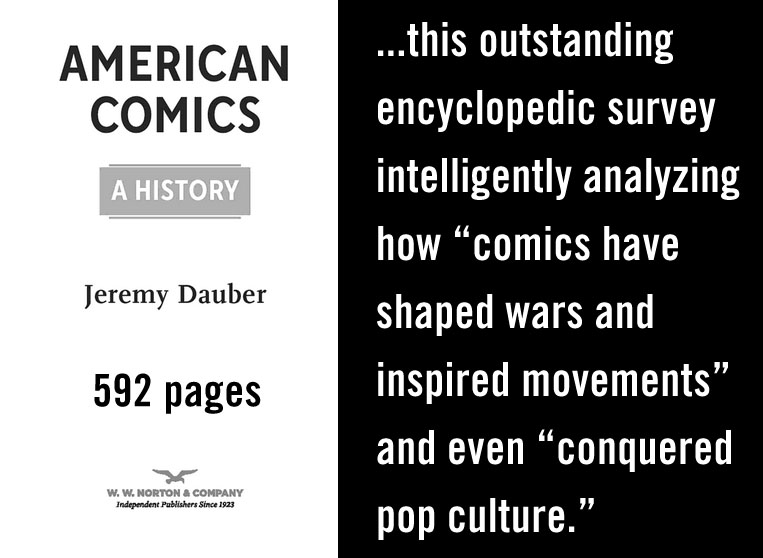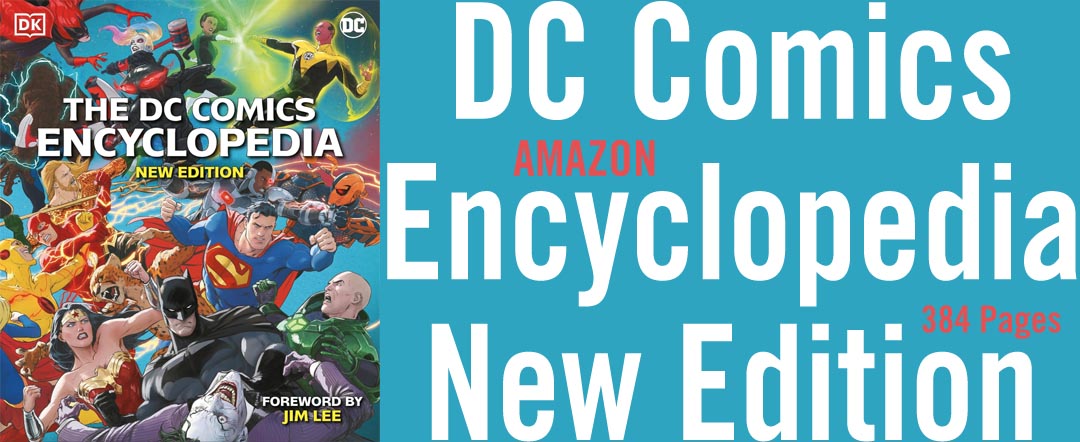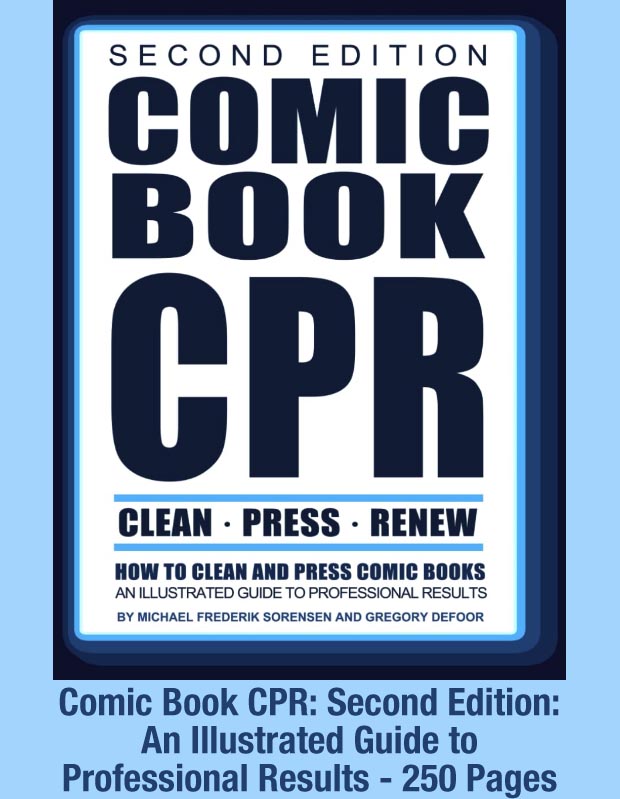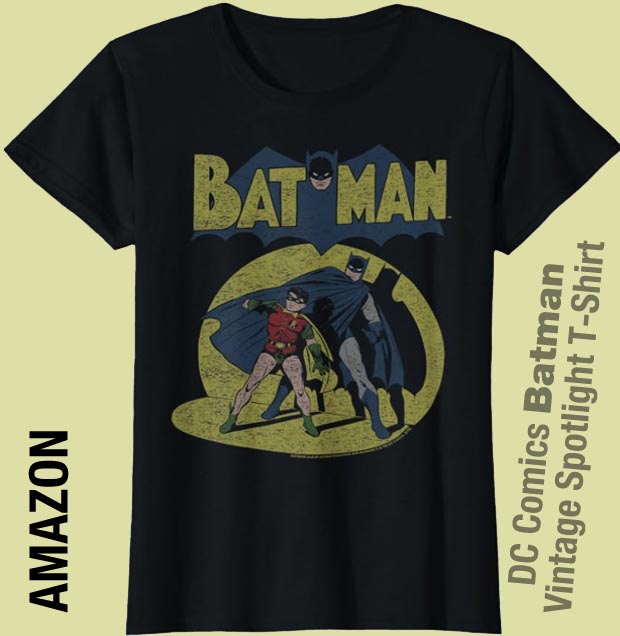Review: The Suicide Squad – 2021
Warner tells the family friendly crowd to "F-off" with this James Gunn movie
Big budget Hollywood visuals, straight-ahead action combined with a patina of intelligence and wholesomeness peaking out from under the well-deserved R-rating.
This isn't exactly a "family friendly" movie like DC's recent Wonder Woman 84. Loaded up with the F-word (and from time to time Samuel Jackson's trademark word), with The Suicide Squad we also get some genitalia jokes, a spot of nudity, enough violence (and resultant Hollywood gore) to depict a war (which, in effect, is the story line), plus depictions of torture, mental illness and a heavy hand of anarchic cynicism.

Also on screen are superhero heroics and the battered but still functioning superhero morality of action as an instrument of service to humanity, though this comes about through pressure. To whit: little bombs are implanted into the back of the heads of the Suicide Squad (like the small explosive charge put into Snake Plissken's neck to help him focus on rescuing the kidnapped president in Escape from New York, 1981) so that the Squad members don't try to back out of the mission or simply go AWOL.
With both movies (and the older Suicide Squad film from director David Ayer) the tiny bombs are linked to a button so that someone who is in charge – with The Suicide Squad it's Amanda Waller, if the powers-that-be are displeased, they can "cancel" the offending person with just a little finger push on a button that detonates the explosive charge.
No Joker here
The Suicide Squad R-rating isn't so much the "adult" version of DC superheroes, but the decadent view of superheroes as (mostly unknowing) arbitrators of injustice and justice in equal measures, and in this film in particular superheroes are essentially stand-ins for soldiers (or super-soldiers if you prefer) and how they are misused by corrupt governments.
Our story tells of a secret lab and the involvement of Starro the Conqueror, an alien creature with a long history in DC Comics, which is simultaneously a character as goofy as it sounds and through the CGI work, an exceedingly impressive kaiju on screen (and handled exceedingly well by the film in matching it to the original renditions of the monster from the comic books, creating a gold-standard template for transitioning secondary sci-fi monsters from out of DC Comics' abundant pantheon of such creatures onto the screen. But this excellence becomes one of the frustrating things about The Suicide Squad: some thing are so well done and other things ain't.
Characterizations in The Suicide Squad are distinct and retain the comic book flavoring from many eras, a mix of contemporary superhero culture, 80s-90s comic books, and stuff brought out of the 1960s (Polka Dot Man is a creation of writer Bill Finger, for example). Such things are nice touches and make me like the film, while in other areas I dislike the movie, ultimately ending up in a position of just blah disappointment despite intending to see the film again, not relegating it to the "I'll never see this again" list of doom. This film is simply too smart and well done to be ignored by a superhero-film aficionado, but it acts like it is somehow intended for the audience of the billion-dollar earning The Joker but lacking the serious panache of that movie and its privilege to hyper-focus on one character (The Suicide Squad's release poster of a dozen characters running at the viewer is no joke, there really is a lot of here-one-minute-and-now-they're-gone minor characters flooding the tale, which is fine but also feels like director James Gunn is showing off his juggling skills. He pulls it off but it doesn't help the movie be better, just to be technically amazing.
Nazis, Nazis everywhere
In the story, secret governmental financing for research built on top of 20th century Nazi experiments can be taken as a metaphor for past (real) governmental secret projects that went haywire, or even present-tense paranoia over issues like the pandemic and viral research funding, or who know,s maybe the ominpresent gigantic tech companies. Oppression and authoritarian claustrophobia is a pretty easy metaphor with Amanda Waller leading the good guys, that is, if they even are the good guys, something which this film can't really committ to.
Whichever way you go, The Suicide Squad is the same flavor of dread about wayward authority that has haunted American cinema for six decades now, and has become a cliché because any film watcher with a half-dozen such movies under their belt can predict that any figure wearing a tie and standing in the role of authority, mouthing platitudes is going to turn out to be either corrupt or sadistic, harboring secrets and betraying what the general public typically thinks their job's purpose is (that is, serve the public good, not fool the public or kill them).
Maybe one of the most pleasing small things about Gunn's film is that it pulls off something not seen before in the string of Suicide Squad films: Amanda Waller getting clobbered by frustrated staff. For the whole length of time since Superman started in 1938, superhero comics (and movies) have been called power fantasies, and this moment in The Suicide Squad is a phantasy insurrection that isn't typical of Hollywood government depictions where the people involved are "Yes Man" robots led by untouchable (at least by mere humans) flamboyant psychopaths who go about murdering swaths of the public without nary a peep out of mute underlings just doing what they're told. James Gunn has a lot more on the ball in this movie than just putting forth how a band of heroes (pretending to be anti-heroes) beat out Starro.
Suicide Squad vs The Suicide Squad vs unmade third movies
The end of the 2016 Suicide Squad featured the personal triumphs of some of the surviving team members overcoming their issues, and that happens here in the 2021 version, too, though with unresolved ramifications that beg for a sequel to tie it up. This is also how the ending of the previous film operated, and underscores how much the sequel-laden superhero movies are imitating the serial format of pamphlet comics, aka "floppies," also TV shows, and of course old-time movie serials that ran in chapters at the Bijou. This isn't how I assume a script-writer or director want to typically operate and tell a story, but how a corporation with eyes on a franchise operate, smelling up the proceedings with the scent of meddling.
Though The Suicide Squad is directly tied as a sequel to the earlier film, also in a lateral way (presumably) to the Birds of Prey movie, no one must watch the 2016 Suicide Squad in order to sort out the 2021 The Suicide Squad, though seeing Ayer's older version will beef up your understanding of the main characters that have survived from those other movies and then got themselves into this one (where the survival rate, by the end, is more severely curtailed). If anything, Ayer's film gave us heroes and Gunn 's film slaps them down, and its not a satisfying one-two punch, Gunn must have had an eye for evening it all up in a third film.
This has become a real handicap in Hollywood movie making. It is Wimpey's dictum of the hamburger loan becoming "I will gladly sell you an incomplete movie today if you'll wait to see the pay-off in a final film on Tuesday," which instead turns into an unsatisfied "this movie isn't even a movie, it's a chapter in something else I haven't seen and I won't be able to remember what's at stake in the story long enough to wait for a third film, and in fact, now that I'm unsatisfied, I don't care (or remember) what film we're even talking about."
Perhaps in the age of Disney+ and Marvel's interrelated TV shows to movies of overlapping characters and stories (which starts looking like a spreadsheet or a flow chart when viewed from afar), Trilogy Disease is now becoming Streaming-Disease. (The Suicide Squad does have a streaming portal to continue itself, Peacemaker from HBO Max which kicks off January 2022. Does that mean the pleading for a sequel in the movie was really just a promo for a TV show?)

Sticking to the mythos, or that is, formula
The Suicide Squad stays within basic and long-running depictions derived from comic books, that is: the amazing ability of a superhuman body to get blown up, punched, hit and thrown about without too much damage resulting (mostly blood trickles on the face). Despite the heavy body count with the expanded team, this seems like it isn't so much the result of the abundant combat, but rather the need to trim down the team lineup to help focus the story and to carry the football of victory across the finish line (and to supply a few unexpected sequences, such as when Viola Davis as the previously indestructible Amanda Waller, the leader who concocts the suicide missions in the first place, finally faces a teaspoon worth of comeuppance.)
High marks are the filling-in of the story showing Harley Quinn's (Margo Robbie) peculiar sort of traumatized pathology; making King Shark (voiced by Sylvester Stallone) an animated and interesting character; and good performances from Idris Elba as the lethal supermarksman Bloodsport, Joel Kinnaman as Colonel Rick Flag, David Dastmalchian as the only ludicrous on the surface Polka-Dot Man, and Daniela Melchior as Ratcatcher 2, another jokey, parody-like superhero who the story gives a generous and warm portrait, and in this way pulls the emotional strength of comic books into the film, subverting expectations, in fact using the goofiness as a disguise to smuggle in the heart-strings pulling that Gunn is trying to achieve).
Harley Quinn
Downside is that Harley Quinn remains rather one-dimensional, a crazy woman wielding weapons expertly and making intentional and unintentional funny jokes, not nearly as developed as the comic book character who is crazy but also simultaneously a PhD doctor of psychology with a keen, though fractured, intellect. The Hollywood version remains a dimmer bulb however much warmth and pure showbiz Margo Robbie is able to inject into her, and as much as I like her rendition of the character (especially in Ayer's first shot at the character) I know she's been given an ultimately short-shrift treatment by Hollywood.
As far as the other characters go, the production loves Idris Elba and the film essentially charts his rise to being the most important personality on the screen, but it also makes sure to tell us how much the production, or the director, or somebody with power making this movie, hates Rick Flagg, providing a hyper-realistic image during a fight scene that underlines just how they really feel by giving the guy's arterial organ a starring role suddenly upon the screen (you'll know what it is when you see it.)
Peacemaker, played by John Cena, is elevated by the end, too, probably as preparation for the TV series based around the character. The drawback might be that this Peacemaker may have no fans (everyone I saw the film with didn't like the character and voiced displeasure at the deaths of certain other characters). The ways of Hollywood is a mystery, and perhaps this is all just part and parcel of pleasing an audience that doesn't include the popcorn eaters the movie is supposedly being pitched to, but somebody in a preview seat who is playing god with the characters and what they think the characters represent.
And then there's that persistent black hole in the center of most superhero movies, which is that The Suicide Squad doesn't try to explain (nor did the earlier film of 2016) how all these various powers are possible, implying at best a vague mixture of kooky science, mysticism, sheer willpower, disease and luck.
A brief acknowledgement of religious experience is delivered harshly when villain Thinker (Peter Capaldi) says "If God existed, wouldn't this be proof that he wasn't good at all?" which seems like a sudden shift into Christopher Hitchens territory, but the film doesn't stay there for any exploration and goes back to the business of Do or Die.
As a hyper-budget version of shlock mercenary movies spliced into a sci-fi superhero tale, or even as an appeal toward higher grade stuff from out of the past like The Dirty Dozen, and the even more obvious influence, The Guardians of the Galaxy, directed by the same guy doing this current film as that Marvel film, The Suicide Squad is an attempt to cover a lot of bases all at once and it does that by way of craftsmanship and some good script-writing where it matters.
The downside is the burden of the R-rating which narrows our expectations and there's also the erosion of any finesse in language due to the coarseness. The theory is that an R-rating gives the film-maker more freedom to make a smarter film (say, like The Joker) but instead it turns into a license to be dumber, which isn't what Gunn has done with The Suicide Squad, a whirling dervish of a movie that reeks of film-making skill, but lacks heart, something Ayer's film had amid the chaos of a cut jammed with distractions.
The gore for its own sake visuals of flying heads and ripped apart bodies made me think of Dostoevsky, "If man wasn't created to be ripped apart, he must have been created for something..." and that question lets The Suicide Squad play both ends at the same time: the heroes are villains but the authority representing the good are the actual villains, making the first villains the heroes when they oppose it, which is what we, in the audience, want them to do.
But, in the end, it's disappointing and Gunn's abilities notwithstanding, The Suicide Squad lacks something important.
Comic Book Movies
The Coming Comic Book Movies 2025-2026
Top Earning Comic Book Superhero Movies
Screen Reviews
Thunderbolted - 2025 - what's wrong with this movie?
Review of Daredevil Born Again
Captain America: Brave New World
Short Review: She-Hulk, Attorney-at-Law
Fast review: Dungeons and Dragons: Honor Among Thieves
Dungeons and Dragons Honor Among Thieves – a Film with antecedents – Harry Potter plus Guardians of the Galaxy plus Lord of the Rings, etc.
Fast review: Dungeons and Dragons: Honor Among Thieves
Dungeons and Dragons Honor Among Thieves – a Film with antecedents – Harry Potter plus Guardians of the Galaxy plus Lord of the Rings, etc.
Original Page Aug 15, 2021 | Updated January 4, 2022


